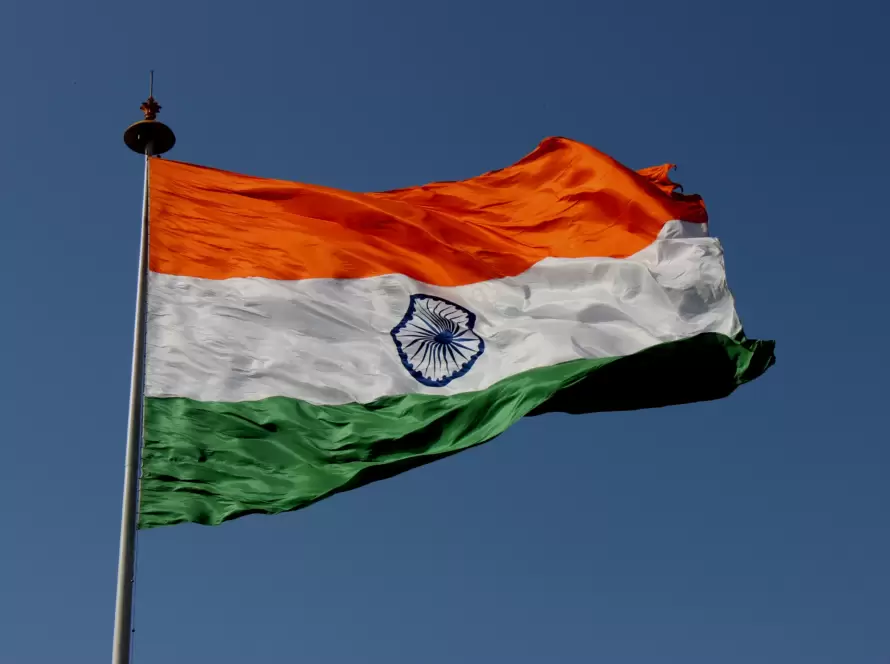Generated by Contentify AI

Introduction
India’s fight for independence was not only led by prominent figures like Mahatma Gandhi and Jawaharlal Nehru, but also by a group of radical leaders who adopted a more aggressive approach. These revolutionary leaders, such as Bhagat Singh, Chandrashekhar Azad, and Subhas Chandra Bose, played a crucial role in the independence movement. They organized protests, carried out acts of defiance, and inspired the masses to challenge British rule. Their dedication and sacrifice continue to inspire generations of Indians and their contributions are integral to India’s struggle for freedom.
The Revolutionary Leaders of India’s Independence Movement
India’s fight for independence was characterized by a diverse group of leaders determined to free the nation from British rule. Among these were the revolutionary leaders who advocated for a more assertive approach. Bhagat Singh, Chandrashekhar Azad, and Subhas Chandra Bose were at the forefront of this movement. Their unwavering commitment, daring actions, and sacrifices inspired the masses and significantly impacted the course of India’s struggle for freedom. These revolutionary leaders challenged the status quo and contributed significantly to the eventual attainment of independence. Their legacy continues to resonate in India’s history and serves as a reminder of the multifaceted nature of the independence movement.
Early Life and Influences
Born in different parts of India, these revolutionary leaders were influenced by the socio-political climate of the time. Bhagat Singh, hailing from Punjab, was deeply impacted by the Jallianwala Bagh massacre and the Non-Cooperation Movement. Similarly, Chandrashekhar Azad, who grew up in the backdrop of the oppressive British rule, was inspired by the likes of Bal Gangadhar Tilak and Bipin Chandra Pal. Subhas Chandra Bose, on the other hand, was influenced by the teachings of Swami Vivekananda and the nationalist fervor prevalent in Bengal during his youth. These formative experiences and the prevailing nationalist sentiment shaped their ideologies and propelled them towards becoming the vanguards of India’s independence movement.
Role in the Independence Movement
These individuals, driven by a fervent desire to see India free from colonial rule, played pivotal roles in organizing protests, carrying out acts of defiance, and mobilizing the masses. Bhagat Singh’s fearless display of resistance, Chandrashekhar Azad’s unwavering commitment to the cause, and Subhas Chandra Bose’s militant approach all contributed to the overall momentum of the independence movement. Their dedication and sacrifices continue to inspire generations, underscoring their significant influence in shaping the course of India’s struggle for freedom.
Imprisonment and Sacrifices
Imprisonment and Sacrifices
These revolutionary leaders were no strangers to the harsh realities of their pursuit. Bhagat Singh, despite being imprisoned, remained resolute in his beliefs and used his time in jail to propagate his ideas. Chandrashekhar Azad, known for his daredevilry, evaded capture for a long time but ultimately sacrificed his life for the cause. Subhas Chandra Bose’s ardent determination led him to seek support from Nazi Germany and Imperial Japan, resulting in his eventual imprisonment. Their sacrifices and unwavering commitment to the cause of independence remain a testament to their indomitable spirits and the price they were willing to pay for the freedom of their beloved nation.
Legacy and Impact
The legacy and impact of these revolutionary leaders are deeply ingrained in India’s struggle for independence. Their fearlessness, unwavering commitment, and sacrifices continue to inspire the nation. By challenging the oppressive colonial regime and mobilizing the masses, they left an indelible mark on the course of India’s fight for freedom. Their contributions, though often more radical in nature, complemented the non-violent approach of other leaders, creating a multifaceted movement that ultimately led to India’s independence. The revolutionary leaders’ influence extends beyond their lifetimes, serving as a reminder of the diverse strategies employed and the collective effort that culminated in India’s liberation.
Conclusion
These revolutionary leaders were pivotal in igniting and sustaining the fervor for independence during a critical juncture in India’s history. With their passionate commitment to the cause and unwavering determination, they inspired countless individuals to stand up against colonial oppression. Despite facing imprisonment, persecution, and in some cases, making the ultimate sacrifice, their legacy endures as a symbol of courage and resilience in the face of adversity. The impact of their actions reverberates through generations, underscoring their integral role in shaping the trajectory of India’s independence movement.


